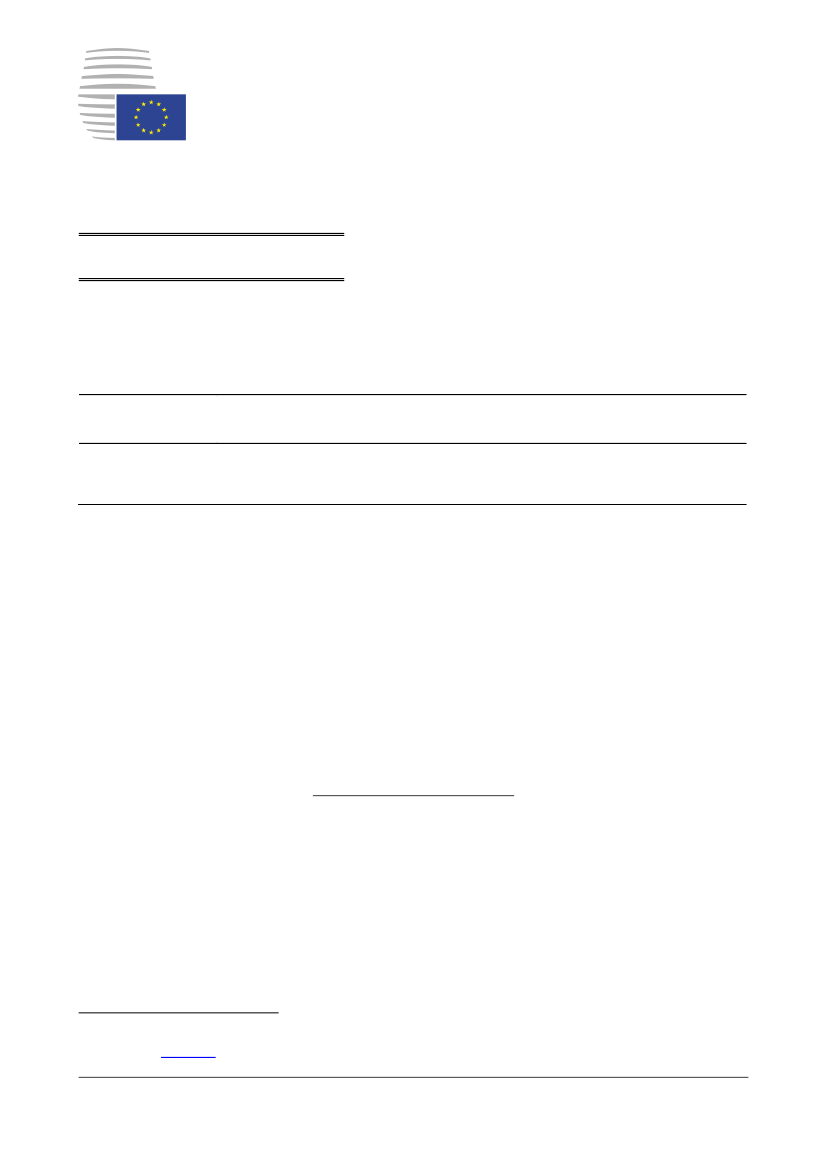
Council of the
European Union
Brussels, 17 March 2021
(OR. en)
6903/21
Interinstitutional File:
2020/0370(NLE)
PARLNAT 52
NOTE
From:
To:
Subject:
General Secretariat of the Council
National Parliaments
Council Implementing Decision setting out a recommendation on
addressing the deficiencies identified in 2019 - 2020 thematic evaluation of
Member States` national strategies for integrated border management
In accordance with Article 15(3) of Council Regulation 1053/2013 of 7 October 2013, establishing
an evaluation and monitoring mechanism to verify the application of the Schengen acquis and
repealing the Decision of the Executive Committee of 16 September 1998 setting up a Standing
Committee on the evaluation and implementation of Schengen, the Council hereby transmits to
national Parliaments the Council Implementing Decision setting out a recommendation on
addressing the deficiencies identified in 2019 - 2020 thematic evaluation of Member States`
national strategies for integrated border management
1
.
1
Available in all official languages of the European Union on the Council public register,
doc.
6755/21
PZ/vp
GIP.2
1
6903/21
EN